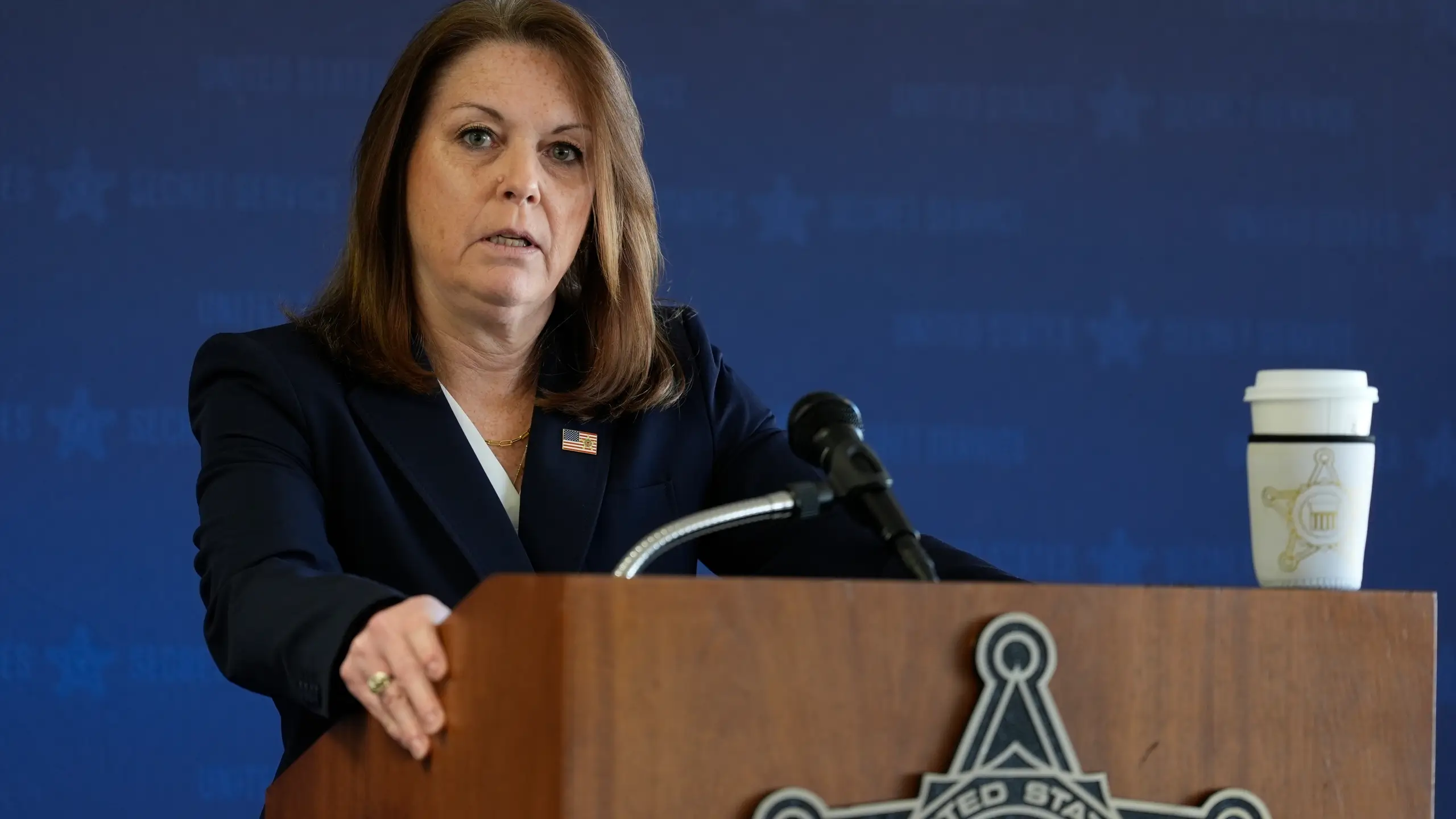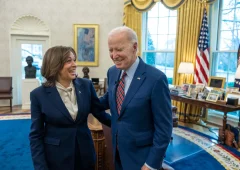Secret Service Director Kimberly Cheatle Resigns After Trump Assassination Attempt
23.07.2024 21:15 1 min. read Alexander Stefanov
Kimberly Cheatle has stepped down as Director of the U.S. Secret Service following intense scrutiny over a recent security breach related to an assassination attempt on former President Donald Trump.
This decision comes as investigations by Congress and an internal watchdog scrutinize the agency’s handling of Trump’s security during a rally in Pennsylvania earlier this month.
In her resignation letter, Cheatle expressed that leaving the agency was a challenging choice and emphasized her hope that her departure would not detract from the agency’s core mission. She acknowledged shortcomings in the agency’s protective measures on the day of the shooting.
Deputy Director Ronald Rowe will temporarily lead the Secret Service, as announced by the Department of Homeland Security.
President Biden praised Cheatle’s service, noting the significant responsibility of leading an agency tasked with protecting national figures. However, bipartisan pressure had mounted for her resignation, particularly after a contentious appearance before the House Oversight Committee, where she was criticized for her evasiveness.
Despite initially resisting resignation, Cheatle, appointed in 2022, has agreed to cooperate with ongoing investigations into the security failures, which included lapses in controlling access to the rally site and inadequate response to pre-shooting warnings.
-
1
Billionaire Slams Meme Stock Hype and Sounds Alarm on U.S. Fiscal Health
15.06.2025 18:00 2 min. read -
2
Robert Kiyosaki Predicts 2025 “Super-Crash,” Urges Hoarding Gold, Silver, and Bitcoin
23.06.2025 13:31 2 min. read -
3
Nassim Taleb Says Global Trust Is Shifting from the Dollar to Gold
22.06.2025 17:00 1 min. read -
4
Billionaire Investor Sees Dollar Crash If Key Support Breaks
18.06.2025 15:00 1 min. read -
5
U.S. Recession May Already Be Locked In, Economist Warns
23.06.2025 12:00 1 min. read
Robert Kiyosaki Predicts When The Price of Silver Will Explode
Robert Kiyosaki, author of Rich Dad Poor Dad, has issued a bold prediction on silver, calling it the “best asymmetric buy” currently available.
U.S. PCE Inflation Rises for First Time Since February, Fed Rate Cut Likely Delayed
Fresh data on Personal Consumption Expenditures (PCE) — the Federal Reserve’s preferred inflation gauge — shows inflation ticked higher in May, potentially delaying the long-awaited Fed rate cut into September or later.
Trump Targets Powell as Fed Holds Rates: Who Could Replace Him?
Federal Reserve Chair Jerome Powell is once again under fire, this time facing renewed criticism from Donald Trump over the Fed’s decision to hold interest rates steady in June.
U.S. National Debt Surge Could Trigger a Major Crisis, Says Ray Dalio
Billionaire investor Ray Dalio has sounded the alarm over America’s soaring national debt, warning of a looming economic crisis if no action is taken.
-
1
Billionaire Slams Meme Stock Hype and Sounds Alarm on U.S. Fiscal Health
15.06.2025 18:00 2 min. read -
2
Robert Kiyosaki Predicts 2025 “Super-Crash,” Urges Hoarding Gold, Silver, and Bitcoin
23.06.2025 13:31 2 min. read -
3
Nassim Taleb Says Global Trust Is Shifting from the Dollar to Gold
22.06.2025 17:00 1 min. read -
4
Billionaire Investor Sees Dollar Crash If Key Support Breaks
18.06.2025 15:00 1 min. read -
5
U.S. Recession May Already Be Locked In, Economist Warns
23.06.2025 12:00 1 min. read


